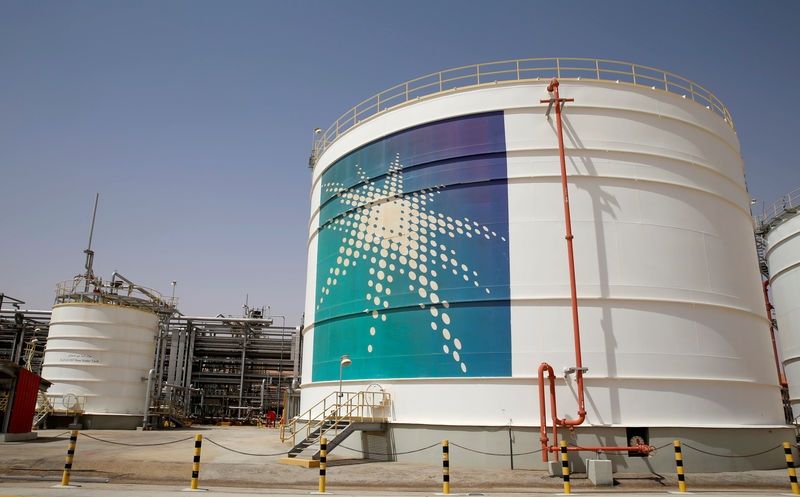(Bloomberg) -- The U.S. called Saudi Arabia on the eve of an OPEC+ meeting to highlight the importance of “affordable energy,” adding another element of uncertainty into the group’s decision on production cuts.
The cartel had been heading into Thursday’s talks with several options up for discussion, including maintaining its existing production cuts or making a modest increase, delegates said. Rhetoric from the cartel’s top official had indicated a cautious approach, focusing on the fragility of demand and the risk of a Covid-19 resurgence.
It remains to be seen whether the call from U.S. Energy Secretary Jennifer Granholm to her Saudi counterpart Prince Abdulaziz bin Salman could tip the balance in the other direction. A spokesman for the Saudi Energy Ministry had no immediate comment.
At the start of this week, the Organization of Petroleum Exporting Countries and its allies had been widely expected to maintain their output curbs for at least another month. Bolstering that view, the coalition’s technical experts lowered their demand estimates on Tuesday.
In his opening remarks at a ministerial panel on Wednesday, OPEC’s top official warned that oil demand remains fragile.
“We should not be out smelling the flowers just yet,” Secretary-General Mohammad Barkindo told a committee of ministers that lays the ground for their main meeting, scheduled for Thursday. The oil market is “surrounded by uncertainties, including the prevalence of Covid-19 variants, the uneven rollout of vaccines, further lockdowns and third waves in several countries,” Barkindo said.
But as of Wednesday evening, before the U.S. intervention, the possibility of increasing production was among the options that may be considered, according to two delegates who asked to speak anonymously.
There aren’t just external calls to pump more oil. Saudi Arabia is also facing internal pressure from Russia and the United Arab Emirates, who appear more eager to restore production, said Helima Croft, chief commodities strategist at RBC Capital Markets LLC.
“Surprises can take many forms and the Saudi oil minister might look to give way to the other producers that are pushing for a production increase,” Croft said.
Demand Forecast
Still, the coalition’s data point to the need for caution.
Officials from the OPEC+ Joint Technical Committee, which met on Tuesday, reduced their estimate for global oil demand growth this year to 5.6 million barrels a day, from 5.9 million previously. The adjustment was most pronounced from April to June, when on average consumption is now seen 1 million barrels a day lower than prior projections.
That implies that the cartel’s primary goal for the coming months -- running down excess fuel inventories built up during the pandemic -- would only happen slowly unless it agrees on Thursday to maintain production cuts close to current levels.
Oil rose on Thursday, with Brent crude advancing 1.1% to $63.41 a barrel as of 8:04 a.m. in London.
The OPEC+ alliance is withholding about 8 million barrels a day of production -- roughly 8% of the global total -- in order to disperse the surplus that built up when demand collapsed last year.
While they’ve committed to restoring some of that halted supply over the rest of the year, the producers have so far moved very carefully. At the start of March, the group stunned traders by rebuffing calls to open the taps as consumption was recovering.
OPEC expects demand to pick up in the summer, especially in the U.S., but “they are very concerned about other parts of the world,” Amrita Sen, chief oil analyst and co-founder of Energy Aspects Ltd. said in an interview on Bloomberg television. Even so, “there is genuinely talk of starting to put back barrels in the market from May.”
©2021 Bloomberg L.P.
